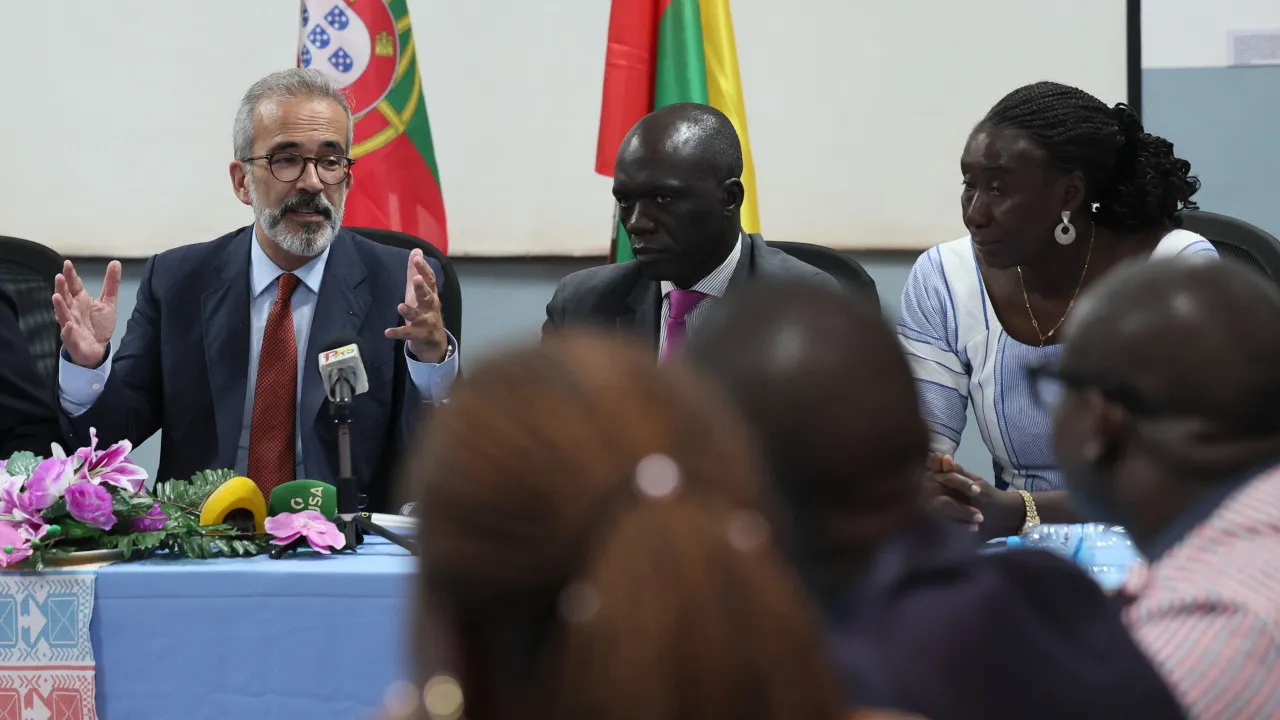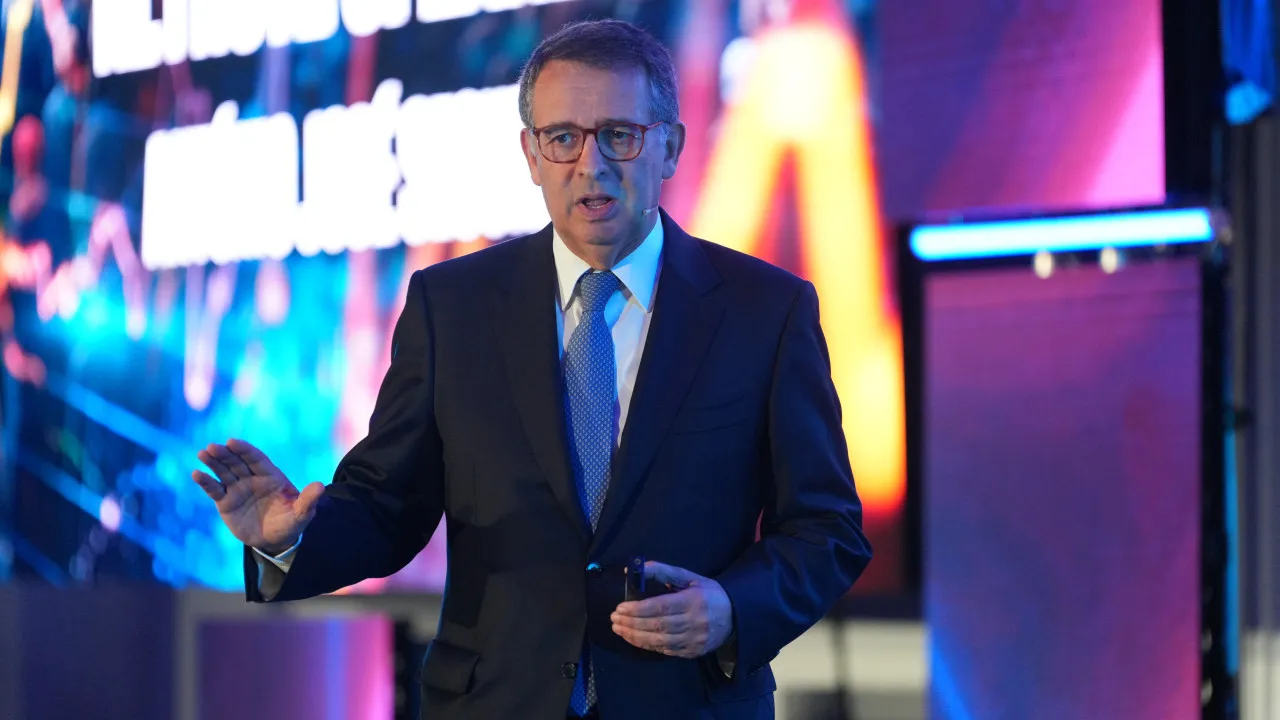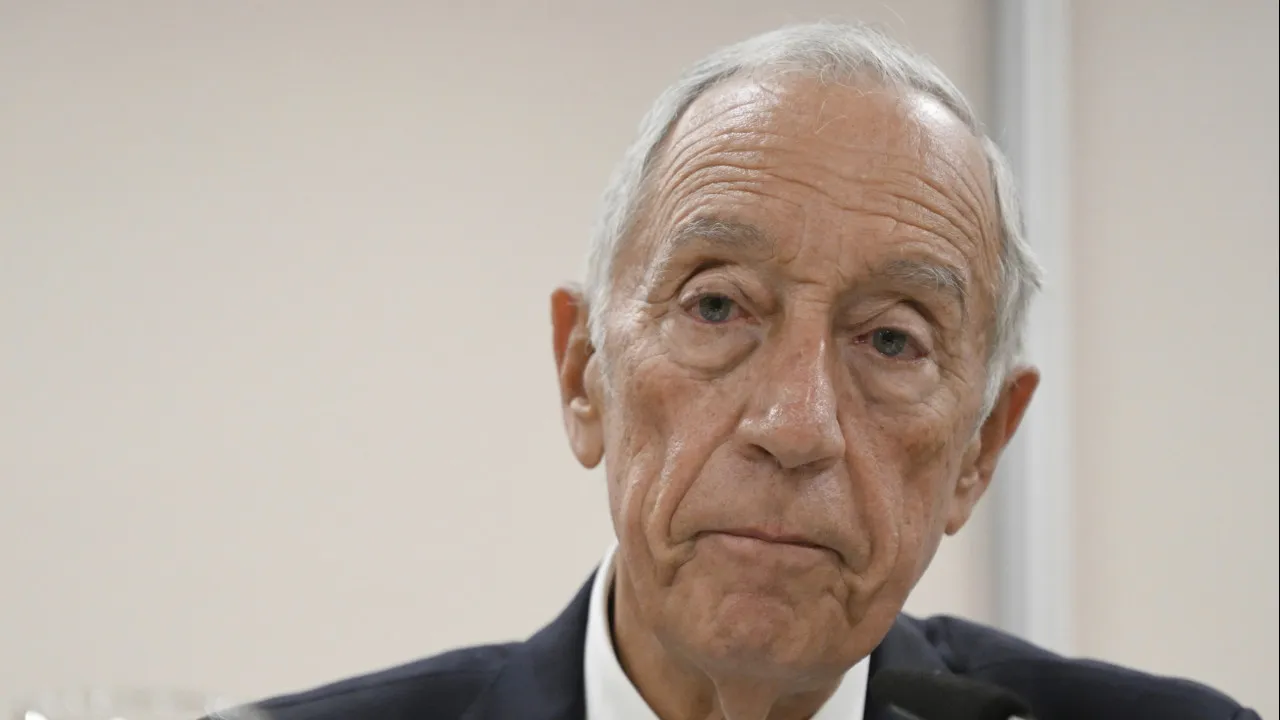
The statements by Paulo Rangel were made at the end of the first day of his visit to the capital of Guinea-Bissau and three weeks after the Guinean Minister of Education, Henry Mané, stated that less than 5% of the population speaks Portuguese.
“The spread of the Portuguese language in a territory like Guinea-Bissau requires, in fact, an enormous effort from Portugal,” said the Portuguese minister today.
“I will seriously consider an action that can establish the Portuguese language in a much more solid way in the territory of Guinea-Bissau. It is clear that when we talk about numbers, the idea that we could universalize such a system is not realistic,” the official warned.
To achieve this, he argued, the path involves “improving a network for teaching Portuguese without the ambition of making it universal or covering all needs and, at the same time,” working on “a truly technical and scientific knowledge, especially in Portugal, of the most spoken languages,” not only in Guinea-Bissau but in other Portuguese-speaking countries like Timor-Leste and Cape Verde.
However, the minister pointed out that this “is a problem that tends to worsen as the demographic growth rate increases” and that “it cannot be solved with a populist response (…), which would leave everything the same forever.”
Summarizing today’s events, Rangel highlighted the visit to the site of the Portuguese School of Guinea-Bissau, whose project’s completion has been delayed for years.
“Regarding this school, I think we are moving into a phase of acceleration. We see a great willingness and commitment from the Guinean authorities [and] now have a site in a part of the city with much more potential than the previous one. We are already doing some infrastructure work, [but] it will be necessary to adapt the project,” he said.
“I will not commit to any timetable, but undoubtedly, there is a very strong push from here. I must say that both the Minister of Education, Professor Fernando Alexandre, and I are enthusiasts of the Portuguese Schools,” he assured.




